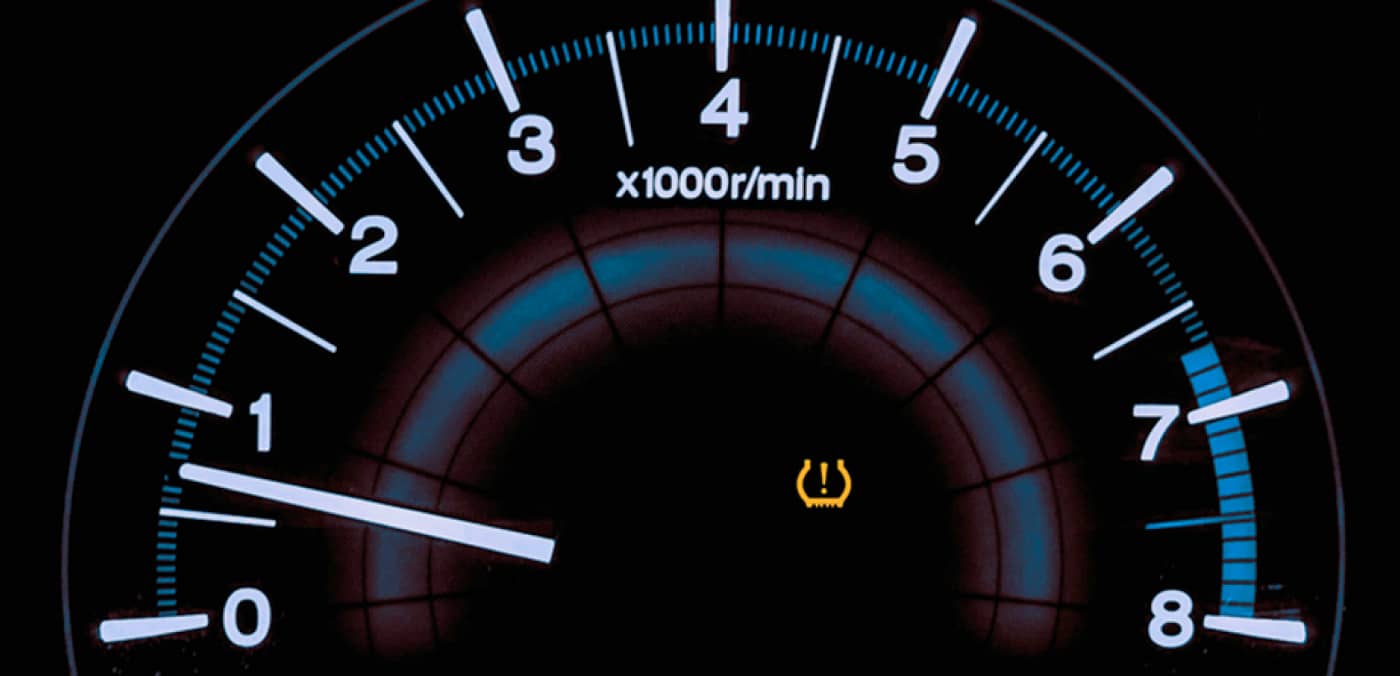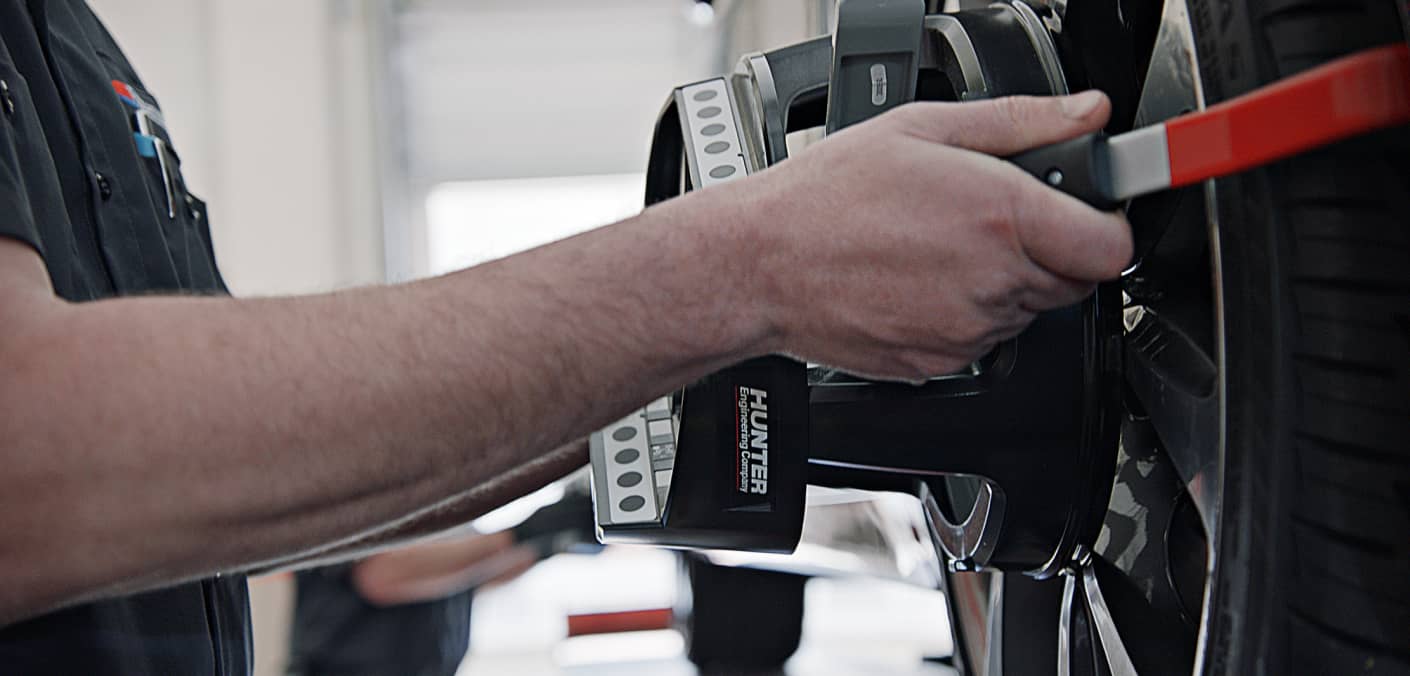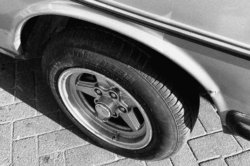When it comes to keeping your car running smoothly, one of the most important aspects is maintaining the condition of your tyres. Without proper care, you can find yourself in an unsafe and expensive situation.
Knowing how to look after your car’s tyres correctly will not only save you money but also ensure that they last for years to come. In this article, we’ll explore essential tips on maintaining longevity for car tyres so that you can get the most out of them!
Regularly Inspect Your Tyres
Regularly inspecting your tyres is essential if you want to maintain the longevity of them. Understanding how to inspect and what signs could indicate a problem will help you assess whether or not they need attention.
Check for wear and tear, such as balding spots on the tyre tread, bulges or cracks in the sidewall which may be caused by damage from hitting a kerb or pothole. If your vehicle does have air-filled tyres, ensure that all of their pressures are correct according to manufacturer guidelines; having an incorrect pressure can cause accelerated wear and tear on your tyres. Additionally, make sure that there are no tears in the tyre wall, any objects embedded into the rubber surface should be removed quickly before they cause further damage.
Lastly, check for things like wheel alignment and balance issues – misaligned wheels can lead to decreased handling control while driving at higher speeds along with increased tyre wear so making sure everything is running correctly is important!
Monitor Air Pressure Levels

Source: bridgestonetire.com
Monitoring air pressure levels is an essential part of car tyre maintenance. Maintaining the right level of inflation ensures tyres last longer and are more efficient in terms of fuel economy.
It is recommended to check your car’s tyre pressures at least once a month, or before long journeys, using a reliable gauge. If the pressure does not match the manufacturer-recommended figures, use an air pump to fill up or empty out as required.
Be sure to take account of any temperature changes when doing this as extreme weather conditions can cause fluctuations in pressure levels. Regularly checking and adjusting your car’s tyre pressure will help you ensure that your tyres remain safe and durable for longer, giving you peace of mind when on the road.
Rotate your Tyres Regularly
Rotating your car tyres is essential for maintaining their longevity. This practice helps to ensure that the wear of the tyre remains even, which in turn extends its life and maintains optimal performance.
Rotating your tyres involves moving them from one wheel position to another so that each tyre wears evenly across all four wheels. It’s recommended to rotate your tyres every 6,000-8,000 kilometres or at least once a year if you don’t drive frequently as this will help promote longer-lasting tread life and improved fuel economy. Additionally, regularly rotating your tyres can also reduce vibration in the steering wheel or seat as well as give you better traction while driving – especially helpful during wet conditions on slippery roads! So take some time out periodically and invest in proper maintenance by rotating those tyres!
Align and Balance Your Wheels

Source: bridgestonetire.com
Maintaining the balance and alignment of your car tyres is an essential part of ensuring their longevity. Unevenly balanced or misaligned wheels can cause several issues, such as decreased fuel efficiency, vibrations while driving, and uneven wear on your tyres.
To ensure that your tyres are in good condition for years to come it is important to have them regularly checked by a professional mechanic for any signs of imbalance or misalignment. They will be able to adjust your wheel’s alignment accordingly and check that they are correctly balanced with specialised tools.
Taking the time to keep an eye on the health of your car tyres can save you money in repairs down the line and help extend the life span of your vehicle’s wheels considerably.
Check for Wear or Damage
It is important to frequently check your car tyres for any signs of wear or damage that could affect the longevity and safety of your vehicle. Look out for cuts, bulges, uneven tread depth or anything else that could indicate a problem.
Also, be sure to inspect the sidewall of the tyre as these are more prone to cracks and punctures. If you notice any unusual issues with your tyres it’s best to take them in for repair or replacement before they become a bigger issue.
Regularly checking your car tyres will help ensure their performance and keep you safe on the road.
Use the Correct Type of Tyre for Your Vehicle

Source: spinny.com
It’s important to make sure youre using the right type of tyre for your vehicle to maintain its longevity. Different vehicles require different tyres, and not having the correct type could lead to poor road performance or reduced lifespan.
When selecting tyres for a car, it is essential to take into account factors such as driving style, terrain, weather conditions and load capacity. The size of the tyre should be specified in your vehicle’s manual or on its tyre placard; this will enable you to choose a suitable replacement when it comes time to replace it.
Not all tyres are designed for all types of roads – some may provide superior performance on wet surfaces while others may offer better handling in dry conditions – so research is key! It’s also important that the front and rear sizes match up correctly as mismatched sizes can cause problems with steering stability and suspension response. If you’re unsure which type of tyre is best suited for your car, speak with an expert who can advise you based on their knowledge and experience.
Conclusion
Maintaining the longevity of your car tyres is essential to ensure a safe and comfortable driving experience. Regular inspection, proper tyre pressure, wheel alignment and rotation are all important steps in maintaining car tyre health.
265/65r17 tyres should be checked regularly for signs of wear or damage and replaced when needed. By following these tips, you can extend the lifespan of your car’s tyres while improving its overall performance, safety, comfortability and fuel economy as well.



